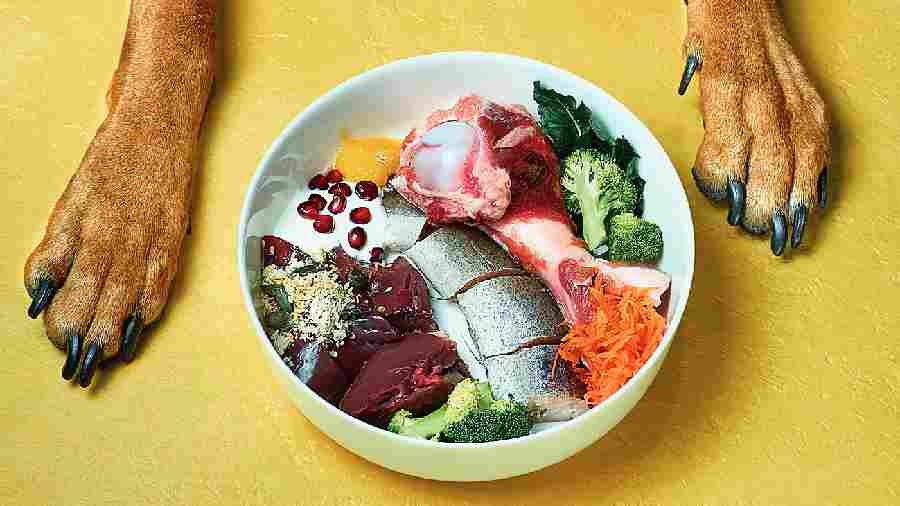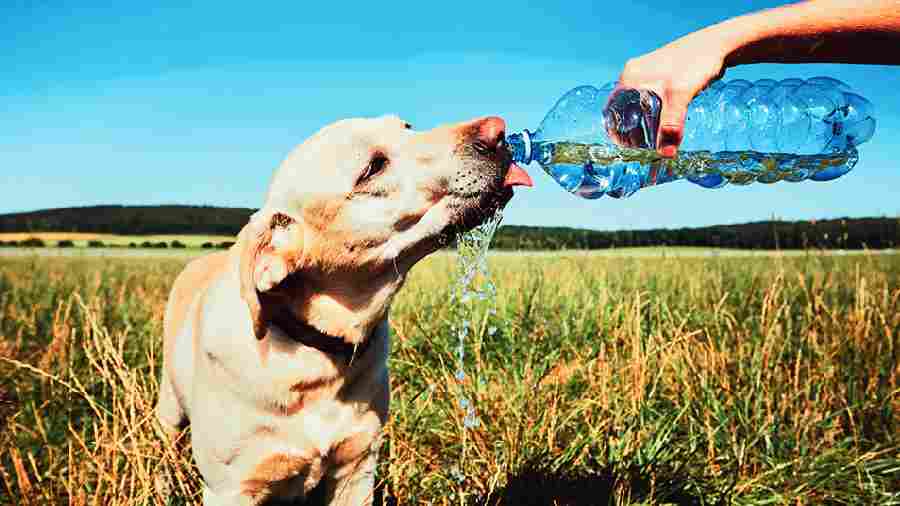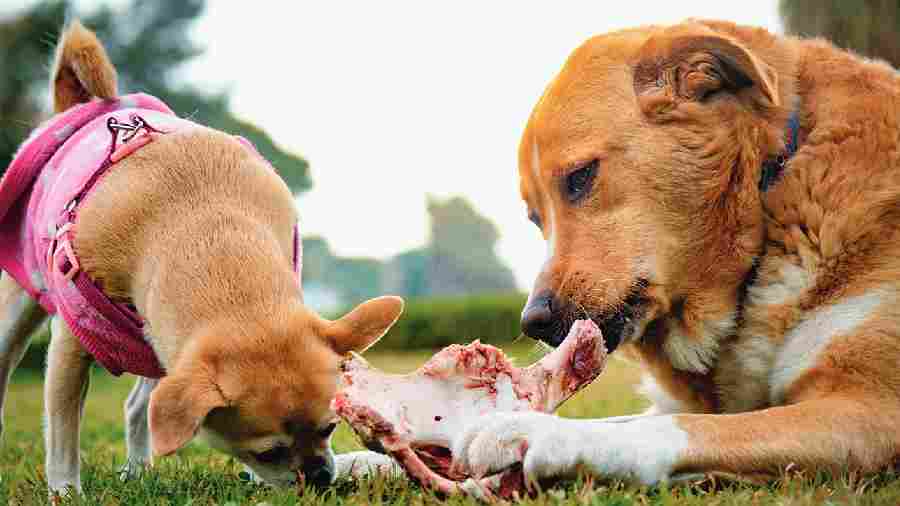Chicken or paneer? Rice or roti? Home-cooked meals or premium quality packaged food? One of the biggest dilemmas pet parents face is deciding what to feed their pooches. This article should help you to understand the fundamentals of canine nutrition so you can make an informed decision for yourself.
Dogs are omnivores by nature. They need protein, fat, carbohydrates, water, vitamins and minerals in different proportions at different stages of their lives.
Choice of meat
Dogs require animal protein to sustain themselves. Chicken is the most common and delicious source of animal protein for your dog. It contains amino acids like tryptophan, threonine, isoleucine, leucine, lysine, arginine etc. It contains less fat than beef or pork.
Duck meat can also be considered as an alternative protein source for dogs and beef can be an excellent protein for them. Fresh lean beef contains many nutrients including Vitamin B12, zinc, selenium, iron and niacin. Different treats containing beef are also safe and delicious food option for dogs.
But feeding of raw beef and beef products should not be encouraged as it may contain different bacteria including salmonella and escherichia, that may cause different medical conditions.

A balanced diet bowl for him
We have found many dogs allergic to chicken or other common meat products. For them, fish is a safe option. Dogs generally love the smell of fish. Fish is rich in omega 3 fatty acids, that is good for skin and cardiac health.
Two things must be kept in mind while feeding your pet different kinds of fish. While cooking fish, oil and seasonings including garlic should be avoided. You may add slight turmeric but avoid salt.
Fish bones should be removed completely as these small brittle bones may lodge themselves in your dog's mouth, throat, intestine and other parts of the gastro intestinal system. Feeding raw fish must be avoided to eliminate the risk of different enterobacteria and listeria infection. Salmon, canned tuna, cod, catfish are safe options for dogs.
Commonly available fish like rohu and kalta are fine too, as are smaller varieties like pabda and parshe but again, be doubly careful to remove bones.
Carb time
It is tricky to decide about the role of carbohydrates in the dog's diet as it's a recent trend to feed your pet a grain-free diet. We should keep it in mind that there are plenty of safe carbohydrate sources for dogs that have additional health benefits.
Whole oats is a good occasional feeding option for dogs. It may help add extra fibre to his diet. It may help geriatric dogs suffering from chronic constipation too.
White rice can also be considered as a carbohydrate source for dogs. Keeping in mind its high glycemic index, the serving size must be small. Barley and millet can also be considered as occasional carb sources for your pet.

Provide ample clean drinking water to your pet several times a day
Drink up
Water is the main component of healthy living cells of the body. It's a very common question from pet parents on how much water to give pets a day. The answer is multifactorial.
Water intake depends on season, daily physical exercise, type of food intake (wet food or dry kibbles), underlying disease conditions, changes in food pattern etc.
Ample clean drinking water should be provided to your pets several times a day. This will help keep them hydrated and avoid many diseases including renal impairment. Nursing mothers must be given more water as they are at higher risk of dehydration. Daily cleaning of the water bowl is also an important task.

Abhiroop Banerjee, is a veterinarian who sits at Pet Mall and Murphy Veterinary Hospital in GD Block and Pooches N More in Lake Town, shares tips on petcare
